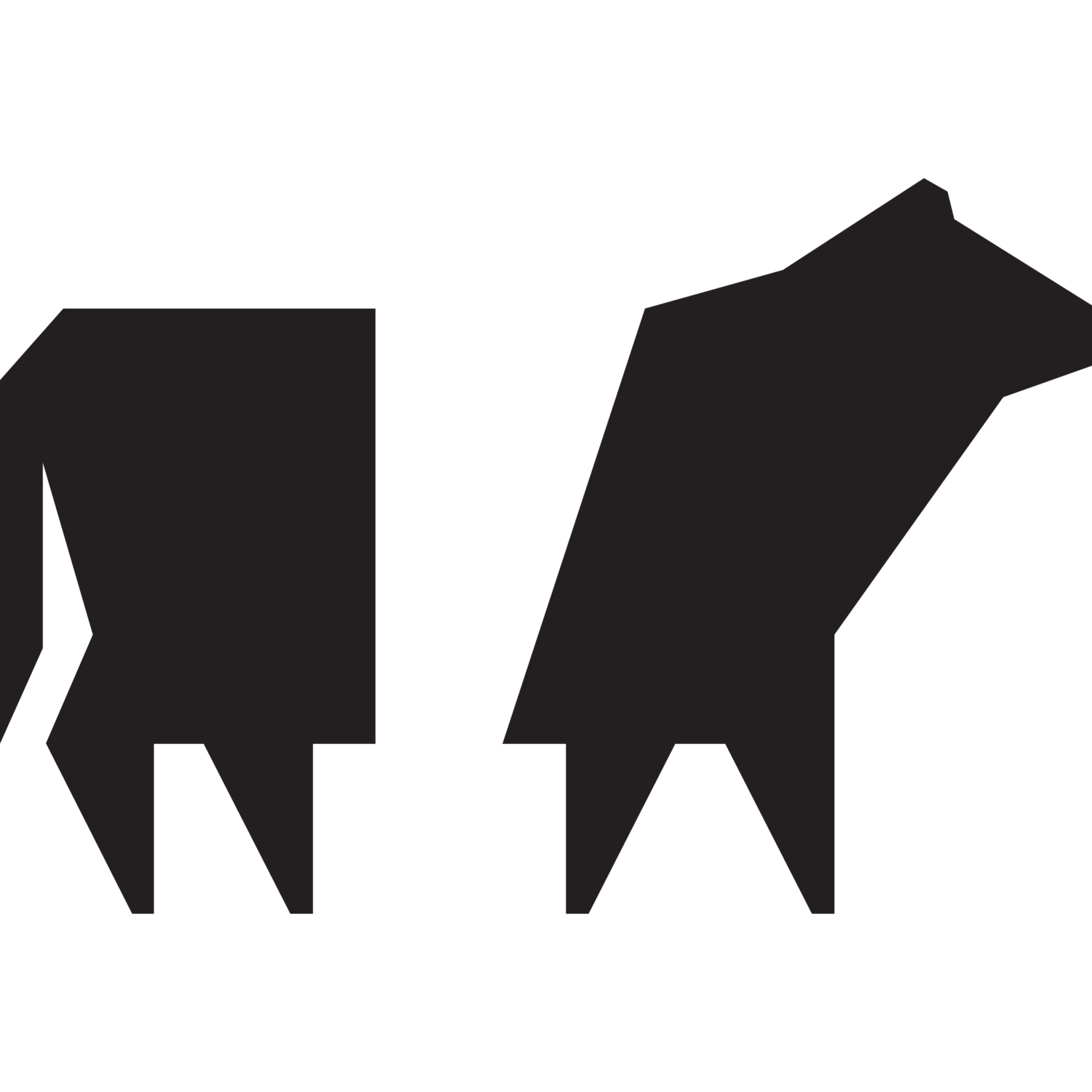The Life of Wool
Form follows function, and in the case of our wool, beauty follows function. In much the same way we cherish the opportunity to practice nose-to-tail butchery, we also delight in the chance to fully utilize the pelts and hides of the animals we harvest.
The Alchemy of Grazing
Cows turn grass into meat. Anyone who has tried to form a burger out of lawn clippings knows this is no small feat. But cows do it with such seeming ease and nonchalance that it’s easy to pass it by without recognizing what it is: alchemy.
Bird and Bee Friendly Farming Initiative
When we were approached by Audubon Vermont to join their Bird and Bee Friendly Farming initiative, we gained a deeper understanding of how important the wetlands are for native bird species, and how helping birds creates a host of other land and climate benefits.
Lambing Season
Today, Romney and Border Leicester genetics comprise our sheep flock. We chose these breeds with intention, knowing what our goals were: we wanted a resilient sheep flock that would thrive on a low-input, grass-based system. We wanted a flock that could produce useful and beautiful wool as well as tender and flavorful meat.
Agricultural Research Program
We test and validate regenerative agricultural practices for a few reasons. The first is to enhance research and data collection to support the quantitative assessment of these practices and establish collaborations with the surrounding farming and scientific community.
On Farm Poultry Processing
Our Butcher department helps to bridge the gap between field to fork. We cut and break down our 100% grass-fed beef and lamb, pastured pork, and certified organic pastured chickens for use in our restaurant kitchen or for retail in our Market.
Livestock Practices & Key Words
The livestock and land management team focuses on producing grass-fed and pasture-raised livestock.
Studying Soil Health
We partner with scientists and researchers at the University of Vermont to document our practices and evaluate our results. Consistently gathering and measuring data in the field is essential to understanding what farming practices lead to soil health, water quality, carbon sequestration and other environmental benefits.








